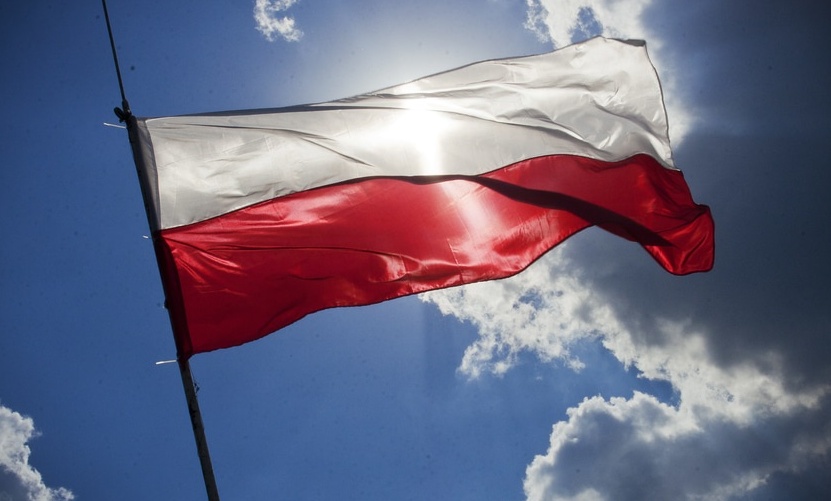By Olivier Bault.
Before the meeting at 27 (without the British Prime Minister) of the European Council on Tuesday and Wednesday, the German Angela Merkel, the French François Hollande and the Italian Matteo Renzi have prepared proposals to be approved by the 24 countries with four priorities for the new British-free EU: growth and youth, safety and fiscal and social harmonization in the euro zone.
The failed EU has pushed the British to the exit, more EU is needed! This is the meaning of the nine-page document developed and unveiled Monday by Jean-Marc Ayrault and Frank-Walter Steinmeier, the German and French Foreign Ministers, under the title “European Security Compact”. The tandem call for a merger of foreign policies and defense and intelligence, to strengthen the role, powers and resources of the joint monitoring of borders, harmonization of fiscal policies and strict convergence of the national budget.
The Visegrád Group
But all EU countries do not see it that way. When the great founding countries of the former EEC met in Berlin, the Visegrád Group deliberated in Prague. And Monday ten countries (Poland, Slovakia, Hungary, Romania, Bulgaria, Slovenia but also Austria, Greece, Spain and Great Britain) met in Warsaw. In Poland, many voices ask for the resignation of Jean-Claude Juncker accused of being the main culprit of the failure of the British referendum. Because for Poles as in other Central European countries, the output of the UK is a blow that can aggravate Berlin’s dominance in the EU and Brussels attacks against the national sovereignty of the weakest.
Unlike the French, German and Italian trio, the Pole Jaroslaw Kaczynski, leader of the Conservative party in power in Warsaw, offers to respond to the rise of euroscepticism in a new treaty that would give back some sovereignty to the nations, which delineates more clearly more strictly the skills of the common institutions, which would raise the threshold for qualified majority and expand to new areas where unanimity is required for decisions and which would strengthen cooperation in the areas where European states have a real interest to act together. The British could then be invited to join this truly reformed union.
Article originally published on Présent.fr.
Translated from French by the Visegrád Post.




